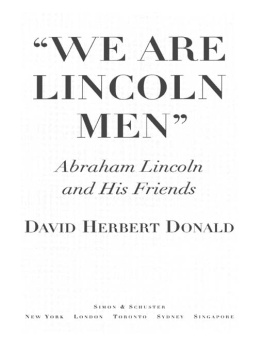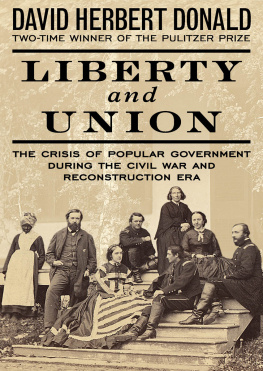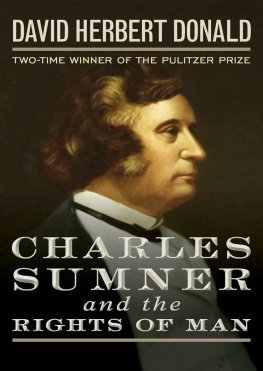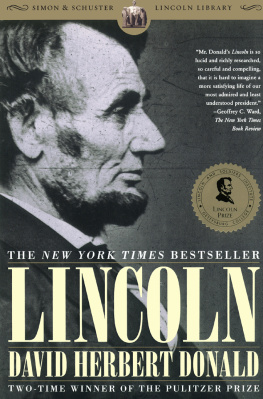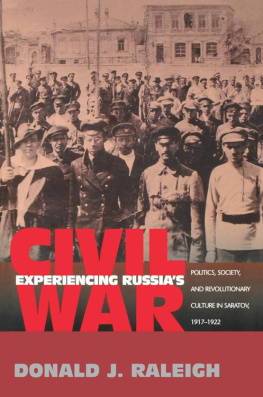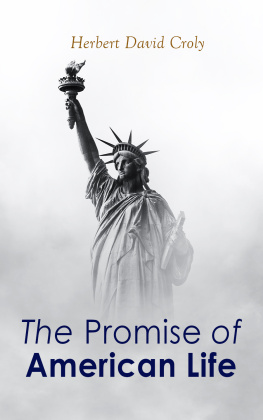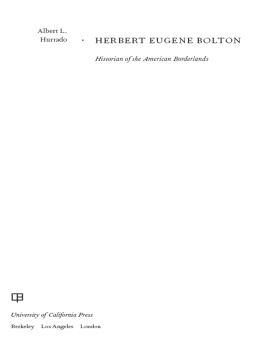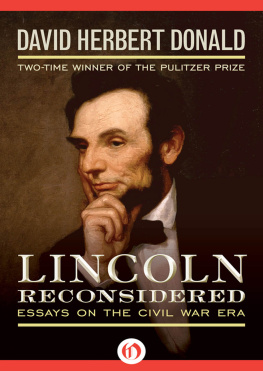
This edition is published by PICKLE PARTNERS PUBLISHINGwww.picklepartnerspublishing.com
To join our mailing list for new titles or for issues with our books picklepublishing@gmail.com
Or on Facebook
Text originally published in 1960 under the same title.
Pickle Partners Publishing 2014, all rights reserved. No part of this publication may be reproduced, stored in a retrieval system or transmitted by any means, electrical, mechanical or otherwise without the written permission of the copyright holder.
Publishers Note
Although in most cases we have retained the Authors original spelling and grammar to authentically reproduce the work of the Author and the original intent of such material, some additional notes and clarifications have been added for the modern readers benefit.
We have also made every effort to include all maps and illustrations of the original edition the limitations of formatting do not allow of including larger maps, we will upload as many of these maps as possible.
WHY THE NORTH WON THE CIVIL WAR
Edited by DAVID DONALD
Essays by
RICHARD N. CURRENT
T. HARRY WILLIAMS
NORMAN A. GRAEBNER
DAVID DONALD
DAVID M. POTTER
With a Foreword by U. S. GRANT III
TABLE OF CONTENTS
Contents
TABLE OF CONTENTS
REQUEST FROM THE PUBLISHER
Introduction
As the historian explains why the winning side triumphed, he naturally tends to identify the victor with the most cherished values of the society in which he lives.... In American society there are three such values to which historians give adherence: All are convinced that it is a desirable and necessary thing to preserve the American Union; all believe that Negro slavery is an evil; and all profess a faith in democratic government.
It is not the truth of these beliefs but their juxtaposition which causes the great confusion about the Civil War. Historians, recognizing that Lincolns government was fighting for the preservation of the Union and for the freedom of the slaves, attribute to it also the third great positive value, the defense of democracy. Such a view is a distortion of the facts ... the Confederacy, not the Union, represented the democratic forces in American life.
The democratic tendencies of the Confederacy were all too plainly reflected in its army. Accustomed to regarding themselves as the equals of any men in the world, the Southerners never took kindly to regimented life. Even their appearance showed that they considered themselves individualistic citizens who were temporarily assisting their country. One astonished Englishman...gasped: Anything less like the received notion, at home, of how a soldier should look...never met my eye.
DAVID DONALD
Foreword
THIS BOOK makes a very real and important contribution to the appropriate observance of the Wars Centennial and to a better understanding of its history. Each article is by a scholar and a specialist in his subject, and deals with an individual disadvantage under which the Confederacy labored and which prevented its ultimate success. Indeed, the title of the publication might better have been Why the South Lost the Civil War. But this is a minor distinction like Emersons difference of the sea seen from the shore and the shore seen from the sea.
Each of the articles here assembled is an authoritative discussion of one of the factors that militated against the Confederacys final victory. Moreover, these factors, presented from the overall point of view, too generally have been inadequately stressed or even entirely overlooked by many histories of the War. In now bringing these factors to public attention and giving them their proper emphasis lies the importance of this book. Even many Civil War buffs may be apprized of facts of which they have heretofore been unaware or to which they have given little thought.
As a footnote to Dr. Williams excellent article on the military leadership of the North and South, it may be of interest that, on his trip around the world. General Grant said to Mr. John Russell Young: If the Vicksburg campaign meant anything, in a military point of view, it was that there are no fixed laws of war which are not subject to the conditions of the country, the climate, and the habits of the people. The laws of successful war in one generation would insure defeat in another. And again: Some of our generals failed because they worked out everything by rule. They knew what Frederick did at one place and Napoleon at another. They were always thinking about what Napoleon would do. Unfortunately for their plans, the rebels would be thinking about something else. I dont underrate the value of military knowledge, but if men make war in slavish observances of rules, they win fail. No rules will apply to conditions of war as different as those which exist in Europe and America. Consequently, while our generals were working out problems of an ideal character, problems that would have looked well on a blackboard, practical facts were neglected. To that extent I consider remembrances of old campaigns a disadvantage. Even Napoleon showed that, for my impression is that his first success came because he made war in his own way.
Inevitably, the articles are special pleas and marshal the evidence in favor of their case. Naturally they do not give much attention to the like disadvantages and difficulties which the North had to overcome, but these are well summarized by the two outstanding English writers on the War, Colonel G. F. R. Henderson in his Stonewall Jackson and the American Civil War and Colonel J. F. C. Fuller in his The Generalship of Ulysses S. Grant, and which led the latter to write: The outstanding marvel is that the North ever won.
However, although differences of opinion on military and economic phases and personalities of the War will persist, with the passage of a hundred years such differences of opinion have become academic, and we can well focus our attention on the heroism and self-sacrifice for the cause they thought right shown during those years by Americans on both sides, and take satisfaction in Sir Winston Churchills summary: Thus ended the great American Civil War, which must upon the whole be considered the noblest and least avoidable of all the great mass-conflicts of which till then there was record.
As Americans we can all today take pride in the fact that the bitter struggle did end with a reunited country for which the sons of those who fought one another so valiantly have since fought shoulder to shoulder in four foreign wars.
U. S. Grant III
Major General, U.S.A., Retd
Editors Preface
THEY NEVER whipped us, Sir, unless they were four to one. If we had had anything like a fair chance, or less disparity of numbers, we should have won our cause and established our independence. This was one Virginians pithy verdict of the outcome of the Civil War.
The general soul-searching in which many Southerners indulged after Appomattox brought forth other varied explanations of the catastrophe. Some were long-winded and intricate, such as Colonel Robert Tansills A Free And Impartial Exposition of the Causes Which Led to the Failure of the Confederate States to Establish Their Independence, which itemized no fewer than thirteen causes, ranging from excessive reliance upon foreign recognition and succors to the election of military officers, a policy subversive of good order, military discipline and efficiency. Others were more sober and compact, such as The Causes of the Failure of Southern Independence, by Robert Garlick Hill Kean, former head of the Confederate Bureau of War. Kean listed seven principal reasons for the collapse of the Confederacy, including a bankrupt treasury, want of men, lack of subsistence, incompetency of military men, want of transport, recruiting difficulties, and desertion by slaves.




